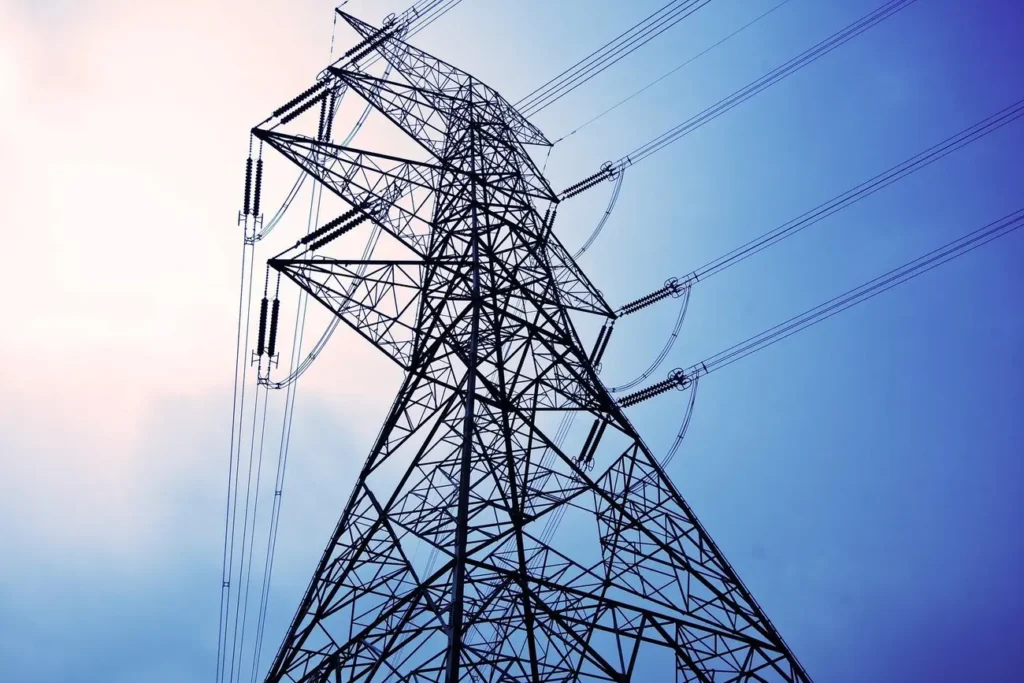The energy crisis in Transnistria has reached its peak. Rejection of alternative solutions and dependence on Russian gas have led to a critical situation in the region. The Moldovan government has offered a solution, but the situation remains unresolved. Why was the initiative rejected and what will be the consequences?
Rejection of alternatives: why does Transnistria refuse to buy gas?
Transnistria categorically refuses to buy gas on European exchanges, such as the Romanian one. Instead, the region continues to wait for the resumption of supplies from Gazprom.
Moldova’s Minister of Energy, Constantin Borosan, noted that the region did not respond to offers to purchase gas from alternative sources. Instead, Transnistria insists on continuing negotiations with the Russian company, even though its supplies have been cut off.
Why is this important?
- Alternative gas purchases could have reduced the energy deficit.
- Rejecting such decisions threatens energy stability in the region.
Critical energy deficit: how is Transnistria surviving?
The energy crisis has affected every aspect of life in the region. According to the Ministry of Energy of Moldova, the electricity deficit in Transnistria is about 30% of the demand.

Main issues:
- Power outages: street lighting, water supply, and industrial operations are halted.
- Centralized heating: suspended due to lack of gas supplies.
- Gas reserves: expected to run out soon.
Overload Risks of Networks
Due to the deficit of energy resources, the distribution networks of Transnistria are operating on the edge. This could lead to:
- Complete breakdown of the energy system.
- Shutdown of vital enterprises.
The Moldovan GRES power plant has switched to coal and is only providing for residential consumers. The supply of electricity for export is limited, increasing tension in the region.
Perspectives on Resolving the Crisis: Is There a Way Out?
Transnistria has limited options to overcome the crisis. One of them is to start purchasing gas from European exchanges, as proposed by Moldova. This could:
- Restore the operation of enterprises.
- Reduce dependence on Russian supplies.
- Restore stability in the region.
However, this requires political will and readiness to cooperate with European partners.
Conclusions
The energy crisis in Transnistria is a result of long-standing dependence on Russian resources. Refusing alternative solutions worsens the situation, jeopardizing the economy and basic needs of the population.
Without decisive actions from the region and cooperation with international partners, the crisis could escalate into a catastrophe, impacting not only Transnistria but also neighboring regions.


